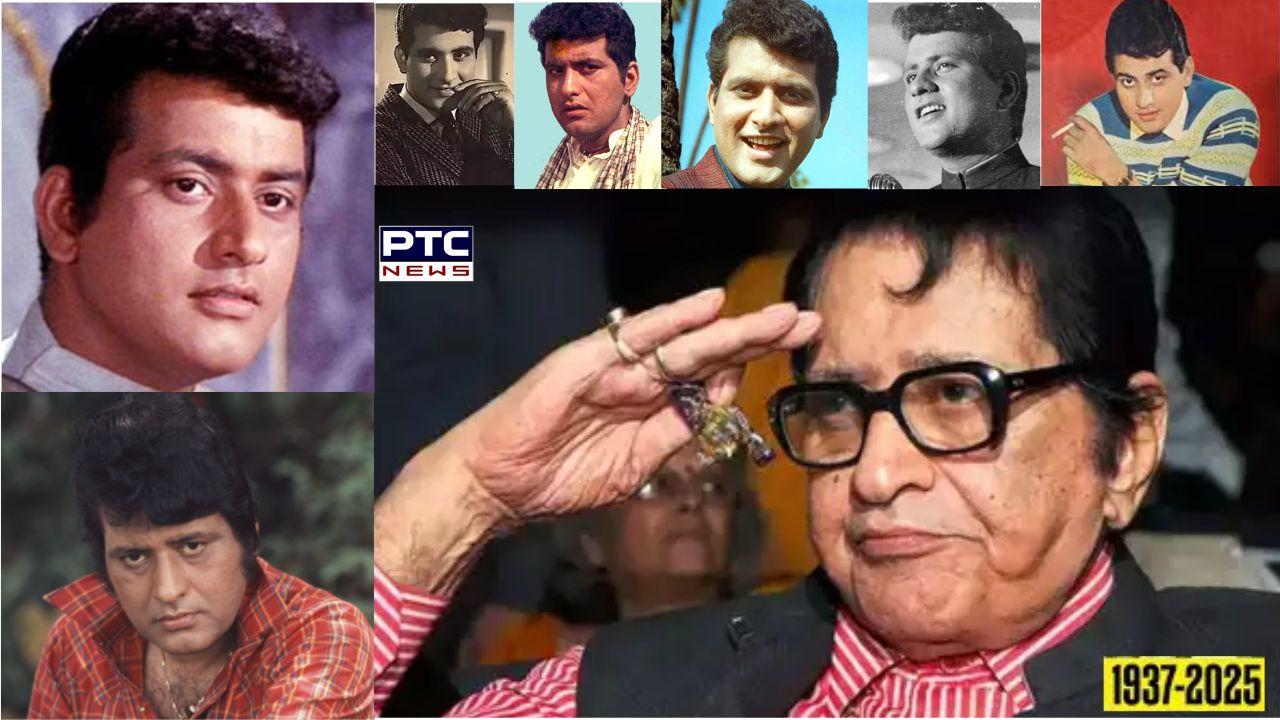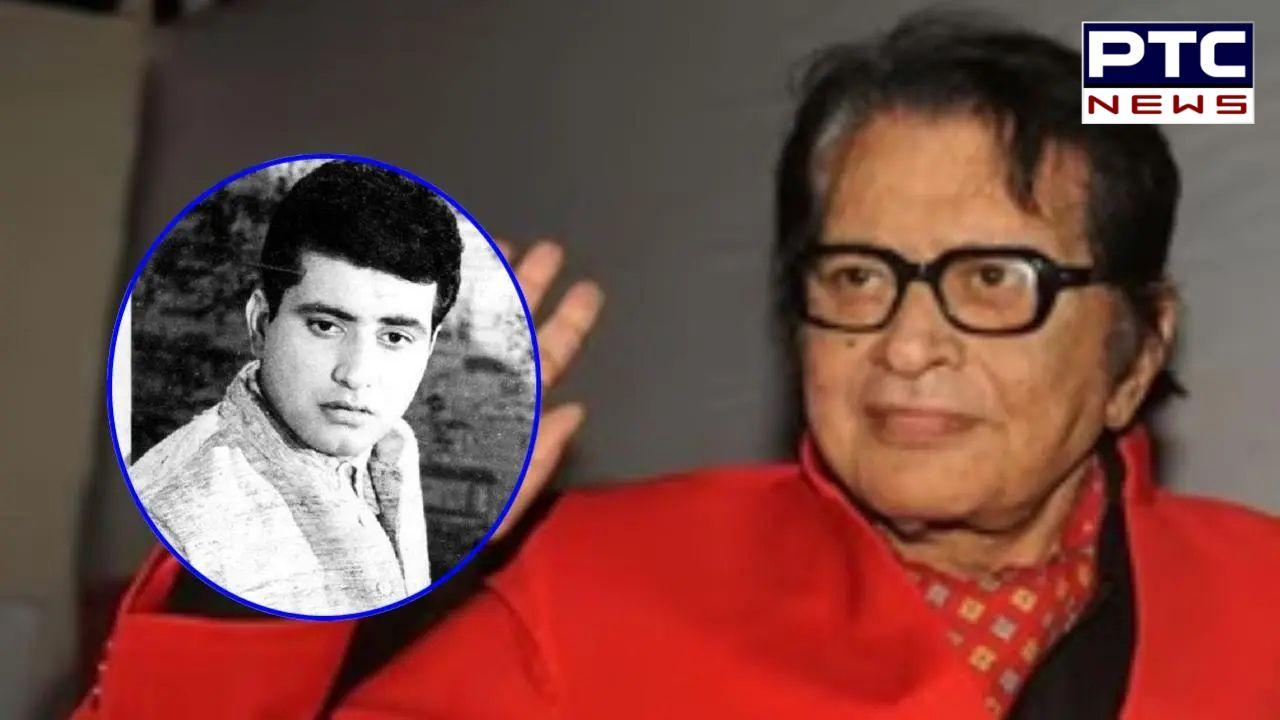Manoj Kumar (1937-2025): The cinematic patriot who defined an era | Tribute
RIP: With his passing, Indian cinema has lost a true legend, a man who not only entertained but inspired generations

PTC Web Desk: Veteran actor, filmmaker, and screenwriter Manoj Kumar, fondly known as ‘Bharat Kumar’ for his unforgettable patriotic films, passed away at the age of 87 in Mumbai on Friday. A stalwart of Indian cinema, his passing marks the end of an era that saw the rise of a legend who brought the spirit of nationalism to the silver screen. He is survived by his wife, Shashi Goswami, and two sons, Vishal Goswami and Kunal Goswami.
Born as Harikrishna Giri Goswami on July 24, 1937, in Abbottabad, now in Pakistan, Manoj Kumar witnessed the turmoil of the Partition at a young age when his family relocated to Delhi. His academic journey led him to Hindu College, where he graduated with a Bachelor of Arts degree before stepping into the world of cinema. During his early struggles, he worked as a ghostwriter, earning Rs 11 per scene before making his acting debut in the 1957 film Fashion Brand. His breakthrough came with 'Kaanch Ki Gudiya (1961)', paving the way for a successful acting career.

Manoj Kumar’s cinematic journey was marked by a profound sense of patriotism, earning him the title ‘Bharat Kumar.’ His directorial debut, Upkar (1967), was inspired by the then-Prime Minister Lal Bahadur Shastri’s call for Jai Jawan Jai Kisan, capturing the essence of India’s soldiers and farmers. This film not only cemented his position as a filmmaker but also earned him multiple accolades, including Filmfare Awards for Best Story, Best Dialogue, Best Director, and Best Film.
His repertoire of patriotic films includes classics like Purab Aur Paschim (1970), Kranti (1981), and Shaheed (1965), which paid tribute to the sacrifices of freedom fighters. These films resonated deeply with audiences, and his portrayal of righteous, selfless characters became iconic.
While nationalism defined much of his work, Manoj Kumar’s cinematic brilliance extended beyond patriotic themes. His performances in Hariyali Aur Rasta (1962), Woh Kaun Thi? (1964), Himalaya Ki God Mein (1965), Do Badan (1966), Gumnaam (1965), and Patthar Ke Sanam (1967) showcased his versatility. His thriller Gumnaam was among the highest-grossing films of 1965, while Shaheed, based on the life of Bhagat Singh, remains a benchmark in Indian cinema.
As a director, he continued to helm powerful films such as Aadmi (1968), Be-Imaan (1972), and Shor (1972). His magnum opus, Roti Kapda Aur Makaan (1974), tackled socio-economic issues and won him yet another Filmfare Award for Best Director. In 1981, he fulfilled a dream by directing his idol, Dilip Kumar, in Kranti, a film that depicted India’s struggle for independence.
Manoj Kumar’s love for cinema was deeply influenced by Dilip Kumar. It is believed that he adopted the name ‘Manoj Kumar’ after watching the latter play a character by the same name in the 1949 film Shabnam. His final directorial venture, Jai Hind (1999), featured his son Kunal Goswami, while his last acting appearance was in Maidan-E-Jung (1995).
His contributions were recognised with several prestigious honours, including the Padma Shri and the coveted Dadasaheb Phalke Award for lifetime achievement. His ability to blend entertainment with social and nationalistic themes made him a cinematic visionary.
With his passing, Indian cinema has lost a true legend, a man who not only entertained but inspired generations. His films will continue to keep his legacy alive, reminding audiences of the values of patriotism, sacrifice, and integrity. Manoj Kumar may have bid adieu to the world, but his spirit will forever shine through the timeless classics he left behind.
